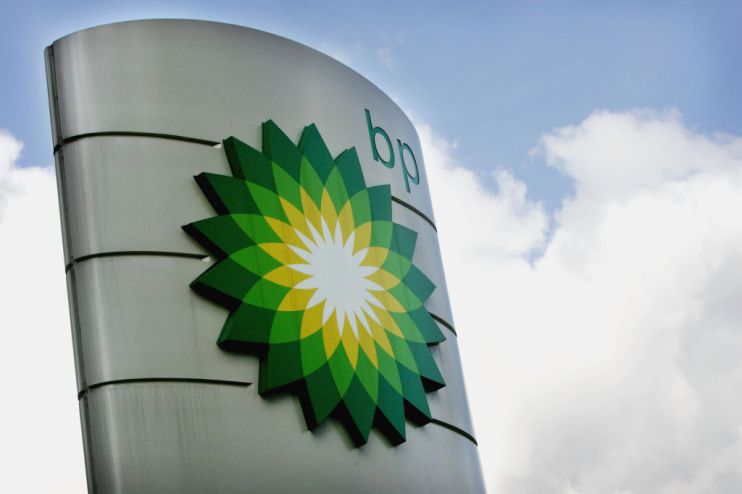BP is giving back to its shareholders – but is it giving back to the UK?

Energy giant BP ensured its first priority was its shareholders today, sustaining buybacks for investors even as profits started to slide in line with falling oil and gas prices.
Chief executive Bernard Looney made his priorities clear when he confirmed today that the FTSE 100 company was “delivering for shareholders,” as he hiked dividends by 10 per cent to 71 cents per share and committed to a fresh $1.5bn (£1.2bn) in buybacks for the current quarter of trading.
This follows £3.5bn ($4.5bn) in share buybacks already unveiled and completed so far this year, and more than £7.8bn ($10bn) of buybacks since this time last year from surplus cash flow.
The move is consistent with the commitment stated in its latest annual accounts, which says that a “resilient dividend is BP’s first priority.”
BP’s generous handouts helped the firm’s share price hold steady as it reported a sharp drop in profits.
Earnings fell to £2bn ($2.6bn) in the second quarter, missing analysts’ expectations of £2.7bn ($3.5bn), and was nearly 70 per cent down on the record £6.7bn ($8.5bn) quarterly profits this time last year.

The dip reflected the declines suffered by other oil majors, with profits at Exxon Mobil and Shell both down by around 50 per cent.
The reason for the decline is that oil and gas prices have eased towards pre-crisis levels after spiking following Russia’ invasion of Ukraine.
Brent crude, the global oil benchmark, averaged $78 per barrel between April and June compared with $114 per barrel in the same period last year.
Nevertheless, BP’s £2bn profit is still vast, and it has naturally led to scrutiny of its investment and climate pledges, which it has already watered down.
Think tank Institute of Public Policy Research has calculated in a new report with Common Wealth that for every £1 spent on low carbon investments globally, they gave shareholders £9 in buybacks.
BP presents a more generous outline of its spending on low carbon projects. It says that the IPPR’s calculations only covers two of its areas of low carbon investments, renewables and hydrogen, and does not involve bioenergy, EV charging and its network of convenience stores.
Last year it said it spent £3.84bn ($4.9bn), 30 per cent of its overall outlay on these five low carbon areas – around half its overall level of share buybacks.

In the UK, BP pledged last year to invest £18bn ($23bn) over the current decade, with 75 per cent focused on low carbon sources, which it said includes biogas and carbon capture technology.
So far, it has backed three carbon capture projects that have been shortlisted for government support, alongside a green hydrogen project. It is also making steps in Scotland’s offshore wind leasing rounds to back nascent technology floating offshore winds.
But a BP spokesperson confirmed to City A.M. that there is no running figure for the amount it has invested in the UK so far, with all of these projects still in early stages.
The government has made it clear that it is happy for firms like BP to be very much a part of the green transition and crucial to the UK’s energy security.
BP should move sooner rather than later on its UK investments, otherwise it risks losing the goodwill of this government.
The next one might not be as friendly.